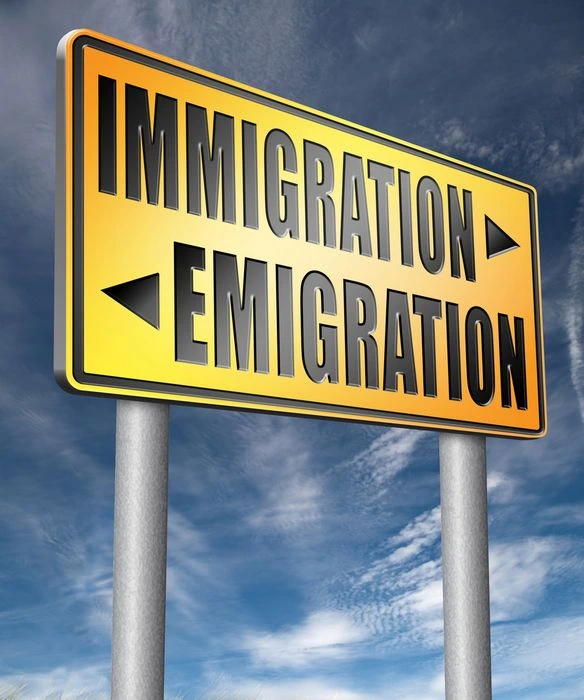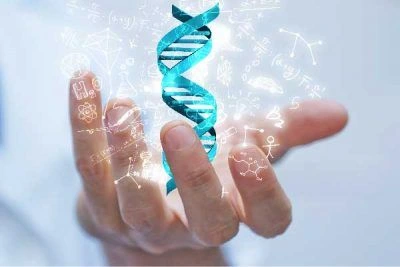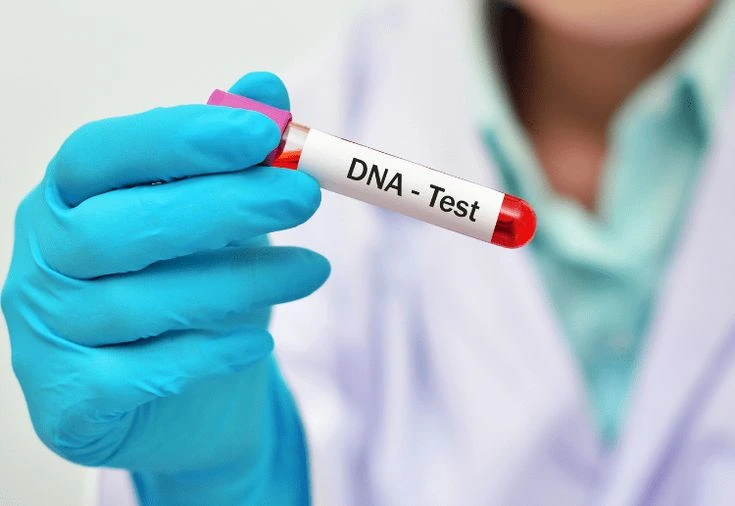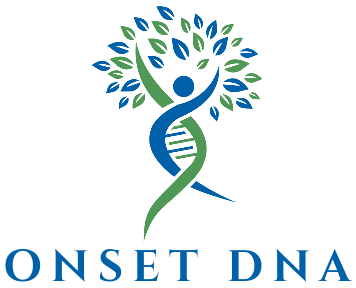
DNA testing for immigration is a research-based tool to confirm family ties in the absence of traditional documentation or claims. It helps validate family-based visa and residency applications while allowing immigrant authorities to efficiently balance efficiency with accuracy. The testing upholds the integrity of immigration systems by allowing the verification of kinship and thereby eliminating fraudulent claims.
National laws and regulations dictate DNA testing based on when regular documentation, such as a birth certificate, is considered insufficient. They explain in which cases the test can take place and who is liable for the costs involved, all while not violating personal rights excessively. DNA testing is usually a last resort, only implemented if other forms of evidence are inconclusive.
DNA testing provides irrefutable evidence of biological relationships, which helps applicants with limited documents due to conflict or bureaucratic issues. A positive match can speed up decisions as it strengthens credibility and discourages fraudulent claims. This transparency reassures both applicants and authorities, thus building trust in family-based immigration processes.
DNA tests are crucial in confirming various familial bonds, each serving distinct purposes in immigration applications:
This is the most common form of DNA test in immigration that proves that the biological evidence legitimizes the minor’s right to join the parent. It is essential when the records of birth are unreliable, incomplete, or are not available at all.
Sibling tests determine if brothers and sisters share one or both biological parents. These results can be pivotal in cases where siblings seek to reunite under immigration programs that recognize extended family ties.
In cases where parents are deceased, unavailable, or do not have proper documentation, grandparents can apply for immigration benefits on behalf of their grandchildren. Such a relationship confirmed via DNA can legitimize the child’s eligibility for certain family visas.
For uncles, aunts, nieces, nephews, and cousins, DNA testing can provide the needed proof when distant or non-nuclear family ties are part of an immigration application. Although these are less common, they can be essential in humanitarian cases or special visa categories.

The first step in DNA testing is the collection of biological samples, which is typically accomplished by swabbing the inside of the cheek under controlled conditions. Keeping a tight chain of custody that neither adulterates the sample nor mixes it up is essential to preserve the integrity of the result.
Accredited laboratories carry out DNA testing through advanced methods like polymerase chain reaction (PCR) or short tandem repeat (STR) analysis. These methods have a high accuracy rate, thus reducing the chances of false positives or negatives. Laboratories follow standardized protocols to ensure reliable results.
Once the analysis is done, the laboratory forwards the official report to the appropriate immigration authority or the applicant’s legal representative. The report typically contains information regarding the likelihood of the claimed relationship, thus serving as a basis for the denial or approval of an application.
Processing times may be subject to change depending on various factors, including the laboratory’s workload, the complexity of the case, and shipping logistics if samples are from overseas. Potential delays can, therefore, stretch the entire process of immigration.
DNA data is extremely sensitive as it reveals the personal, intimate details about an individual’s genetic makeup. There arise questions on data protection, the risk of misuse of genetic information, and the emotional impact on families. Strict privacy regulations and informed consent protocols closely mitigate this concern.
DNA testing is a costly process; the price ranges depending on location and laboratory. Applicants from far-flung regions may find difficulty in getting hold of accredited centers, compelling them to travel great distances. The financial and logistical challenges are factors that can make the process more time-consuming for families.
Different countries have varying regulations governing DNA testing for immigration purposes, leading to inconsistencies in how results are interpreted. Applicants must navigate a maze of legal requirements, documentation, and procedural steps, which can be overwhelming without expert guidance.
While DNA testing is a powerful tool, it is not infallible. A very small percentage of tests may yield inconclusive results due to issues such as degraded samples or lab errors. Moreover, DNA testing cannot confirm social or adoptive relationships, which can be equally significant in certain immigration contexts.

DNA testing has significantly streamlined family reunification by providing irrefutable evidence of biological connections. This has helped fast-track legitimate claims, ensuring that genuine family members are not separated by bureaucratic red tape. However, the process can also reveal unexpected genetic findings, potentially creating emotional and legal challenges. Overall, by reducing fraudulent claims and adding scientific rigour, DNA testing has become an invaluable mechanism for preserving the integrity of family reunification programs.
Rapid improvements in genetic sequencing and analysis techniques promise even more accurate, faster, and affordable DNA tests. Innovations like next-generation sequencing (NGS) could open doors to verifying more complex familial ties, supporting broader categories of immigration cases.
As governments grapple with rising immigration demands and diverse family structures, DNA testing may become more widely integrated into policy. Proposed changes could streamline procedures, specify standard testing protocols, or even subsidize tests for low-income applicants.
Future policies could expand DNA testing beyond parent-child or direct sibling relationships, validating more distant relatives in specific humanitarian or extended-family visa programs. If handled responsibly, these initiatives could offer more comprehensive support for families seeking to reunite across borders.
In conclusion, DNA testing in immigration stands as a cornerstone of modern efforts to accurately verify familial ties while upholding the integrity of legal processes. This research-based approach helps prevent fraud and expedite genuine applications, ensuring that families can unite with minimal ambiguity. As technology evolves and policies adapt to new realities, DNA testing will likely play an even more pivotal role, reshaping how authorities handle family reunification and forging new pathways for immigrants seeking a better life.
DNA tests confirm biological relationships when documents are unavailable or questioned, supporting family-based immigration applications. They provide scientifically verified evidence to help authorities decide on the genuineness of familial ties.
Yes, USCIS accepts DNA test results from accredited laboratories when there is insufficient documentary proof of a claimed relationship. These tests must follow strict chain-of-custody protocols to be valid.
Costs vary but typically range between $400 to $800 per person, depending on factors like the type of test and the chosen laboratory. Additional fees may apply for shipping or expedited processing.
DNA alone does not establish citizenship; it only confirms biological relationships. Legal status and citizenship depend on a country’s immigration and nationality laws.
No specific percentage of shared DNA universally grants ethnicity or national status. Ethnicity is multifaceted, often involving cultural, historical, and legal elements beyond genetic data.
DNA tests by themselves do not provide a pathway to Spanish citizenship. Spain’s nationality laws emphasize documented lineage, legal residency, or birthright rather than genetic testing alone.

Empowering Families with Knowledge and Clarity through Convenient, Confidential, Compassionate Mobile DNA Testing.

